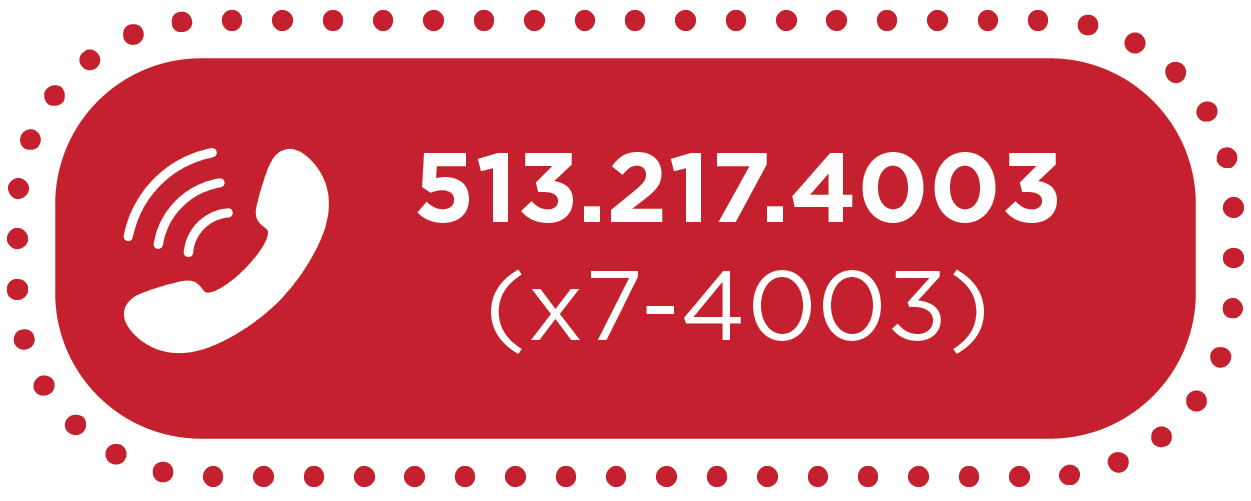
Using Quizzes in Canvas


By:  Leah Henson
Leah Henson 
What Are Canvas Quizzes?
In Canvas, you can use Quizzes to create assessments with individual questions. Each question is worth points, and those points will add up to the total grade for that quiz. You can use Quizzes for assessments ranging from a short initial comprehension check to a long final exam. Regardless of what you call the assessment on your syllabus (check, quiz, survey, chapter exam, final exam, etc.), use Quizzes to create assessments comprised of individual questions worth points in Canvas.
Canvas Quiz Options
When creating a quiz, there are several quiz options available to you on the Details tab. The most important are the Instructions and Due Date. If you don’t fill in anything in the Instructions box, students will see “No content.” There are additional quiz options in Canvas. Some examples include:
- Quiz type (graded quiz, practice quiz, graded survey, ungraded survey)
- Multiple attempts (allow students to take a quiz multiple times)
- Shuffle answers (to randomize the order of answers for multiple-choice, matching, etc.)
- Quiz restrictions (such as time limits)
Once you are ready to create individual questions, you can do so under the Questions tab. You will also find several options here! With many of the individual questions, you will be prompted to mark or to enter the correct answer. When students submit the quiz in Canvas, Canvas will auto-grade those questions. Auto-graded question types include:
- Multiple Choice
- True/False
- Fill-in-the-Blank
- Fill-in-Multiple-Blanks
- Multiple Answers
- Multiple Drop-down (can be used for Likert scale)
- Matching
- Numerical Answer
How Can I Use Canvas Quizzes in My Course?
As mentioned above, there are 4 Canvas Quiz types. For this guide, we will focus on the most common quiz type used in Canvas, Graded Quiz. Graded Quizzes can be used to create the more traditional graded quizzes/exams/finals (the formal summative assessments you use in your course).
A graded Canvas Quiz also allows for formative assessments that can provide instructors with an “in-progress” picture of how students are learning the material. Formative assessments are low-stakes opportunities to help diagnose strengths and weaknesses with the material as your students are learning it. Examples include study guides and comprehension checks. Some options for formative assessments using Canvas Quizzes include quizzes that:
- are untimed and open book/note
- have low or no point value
- are in a category worth 0-5% when using Weighted Grades in Canvas
- are structured to provide timely feedback to students
Canvas Quiz Best Practices
- It is always a good idea to spot-check fill-in-the-blank questions if you would like to allow for spelling errors or typos. You can override the Canvas auto-grading if needed. For example, if you entered “college” as the answer, but a student wrote “collage,” Canvas will award 0 points. You may choose to add in points for that answer.
- If you create essay or file upload questions, you will have to manually grade those questions in SpeedGrader.
- Keep in mind that students benefit from formative, low-stakes, assessments. A Canvas Quiz enables you to create those opportunities for your students.
- When possible, try to stick to limiting access using only a Due Date, not an Available Until Date. If you have students with accommodation letters and have used Available Until Dates, the available dates will override the accommodation settings you may have already changed for the student, such as extending time.
- Using a Practice Quiz in Canvas can be complicated. They do not appear on the Syllabus, in the Gradebook, or in SpeedGrader. They do not appear on the students’ To Do List unless you have assigned a Due Date.










